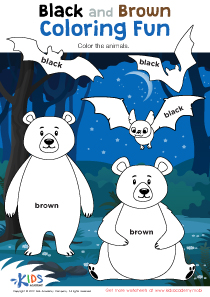Vocabulary Building English for Beginners Worksheets for 7-Year-Olds
5 filtered results
-
From - To
Enhance your child's vocabulary with our engaging Vocabulary Building English worksheets designed specifically for 7-year-olds! These fun and interactive worksheets are perfect for beginners learning English as a second language. They provide exciting activities that promote word recognition, spelling, and comprehension while making learning enjoyable. Each worksheet is tailored to encourage critical thinking and creativity, helping young learners expand their language skills effectively. Parents and teachers can use these resources to support children's language development at home or in the classroom. Start your child's journey to mastering English vocabulary today with our easy-to-use worksheets!
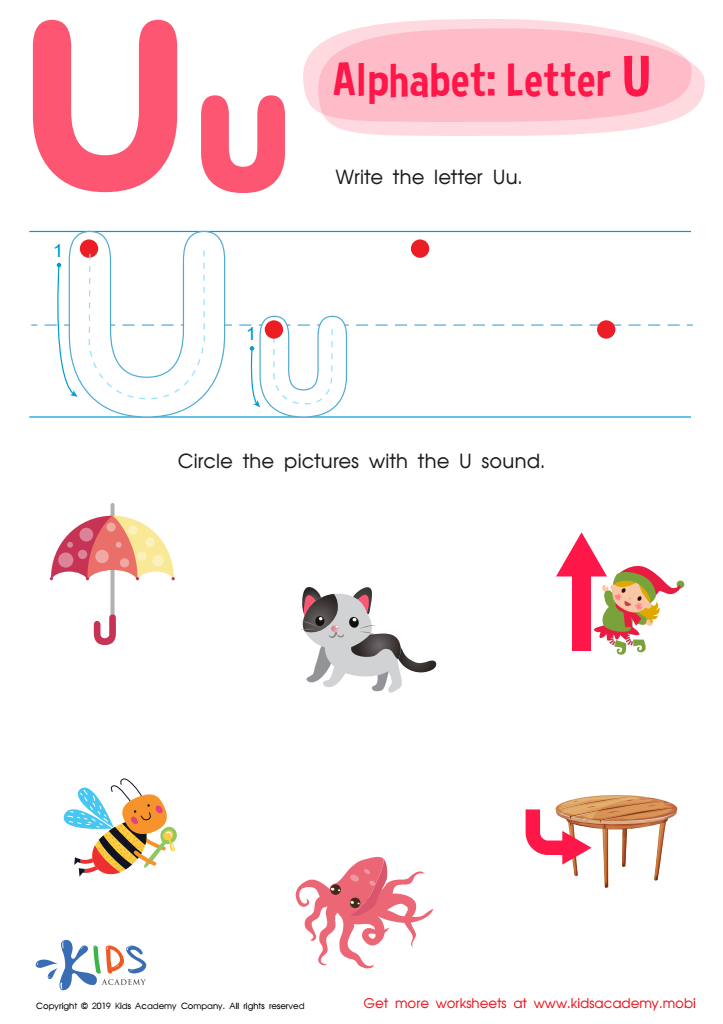

Letter U Tracing Worksheet
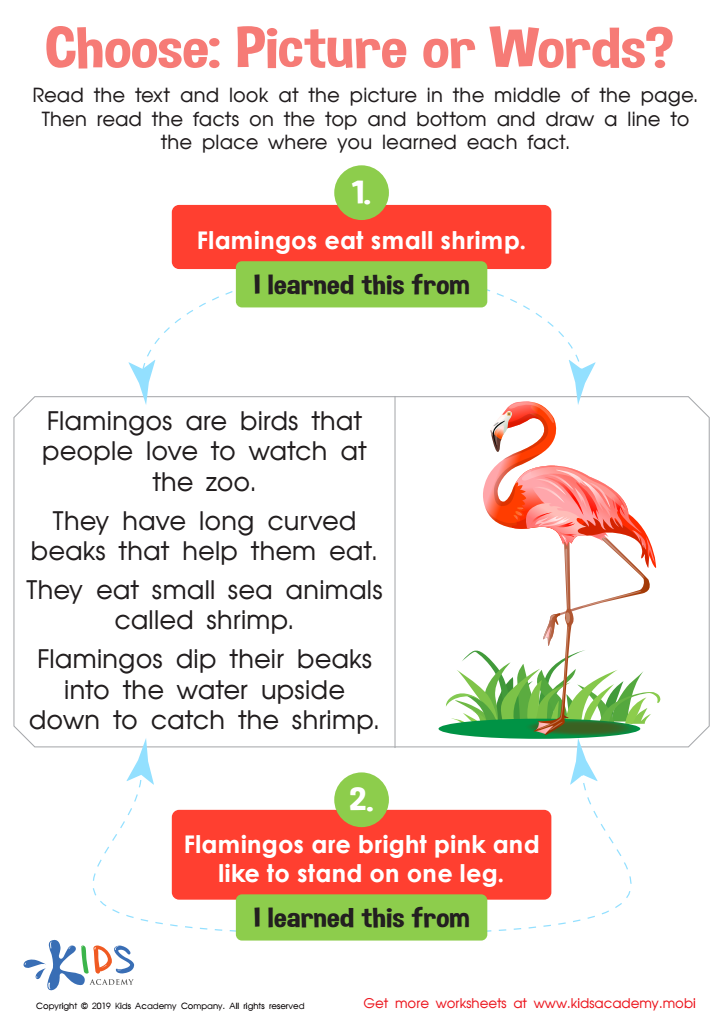

Choose Picture Words Worksheet
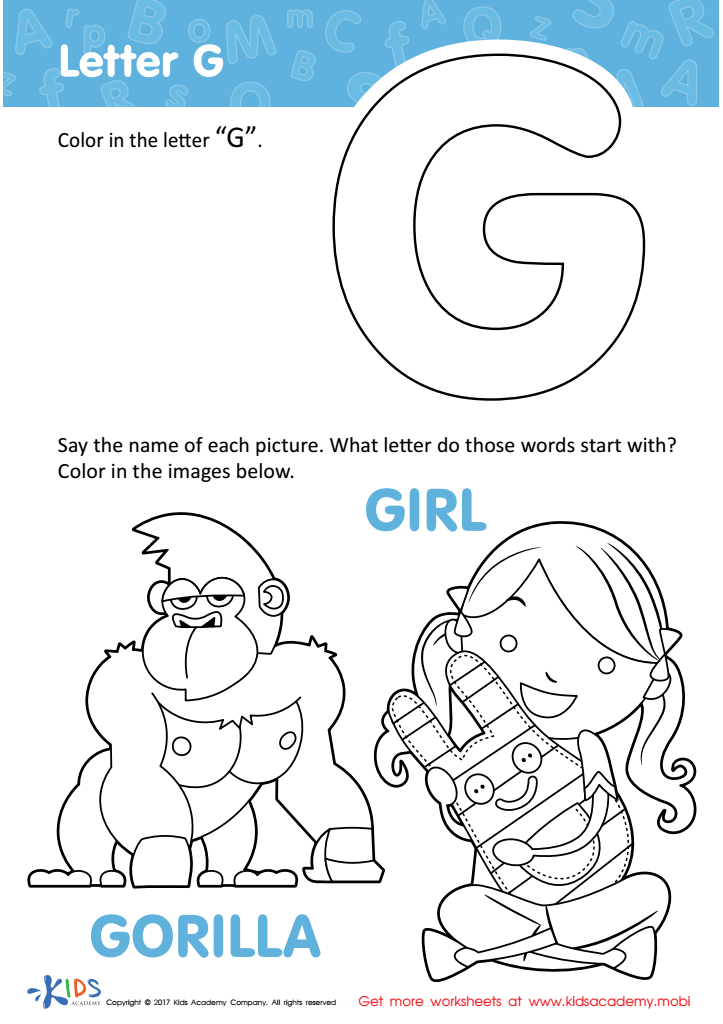

Letter G Coloring Sheet
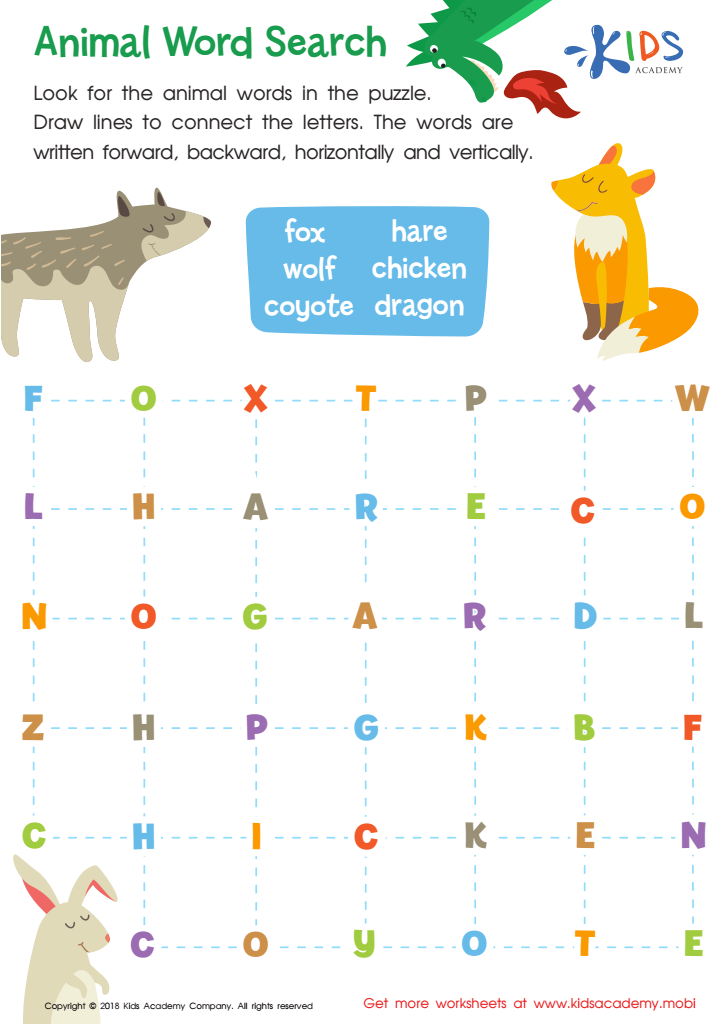

Animal Word Search Worksheet
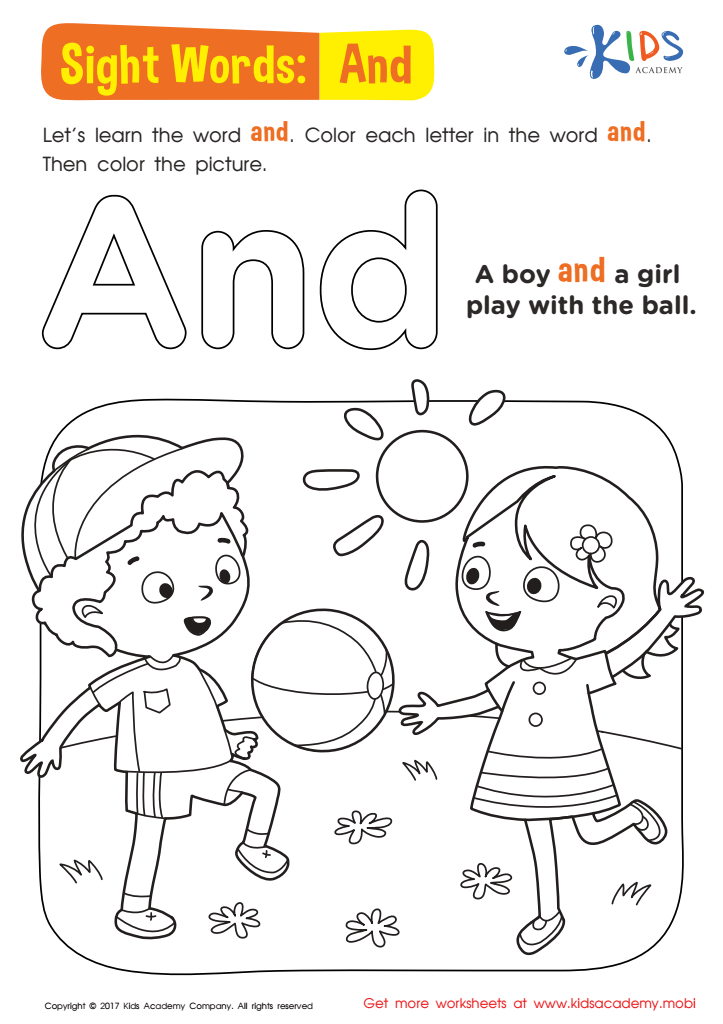

And Worksheet Sight Words Worksheet
Vocabulary building is essential for 7-year-olds as they lay the foundation for effective communication and literacy skills. At this age, children are developing their reading and writing abilities, and a rich vocabulary enhances comprehension and expression. When parents and teachers focus on vocabulary expansion, they help children understand new concepts and ideas, which is crucial for academic success.
Furthermore, a strong vocabulary improves students' confidence in using language. By engaging with a variety of words, children can articulate their thoughts more clearly, leading to better participation in discussions and enhanced storytelling skills. This also fosters a love for learning, as children connect words to their interests and daily experiences.
Additionally, a solid vocabulary supports critical thinking and problem-solving. When children know the right words, they can better analyze and interpret information, which aids in their overall cognitive development.
In a diverse world, understanding nuances in language promotes empathy and better social interactions. Thus, teachers and parents should prioritize vocabulary-building activities, like playful word games, reading together, and encouraging drawing connections to words in real-life situations. This investment not only benefits children's current learning but sets the stage for lifelong language proficiency.

 Assign to My Students
Assign to My Students






